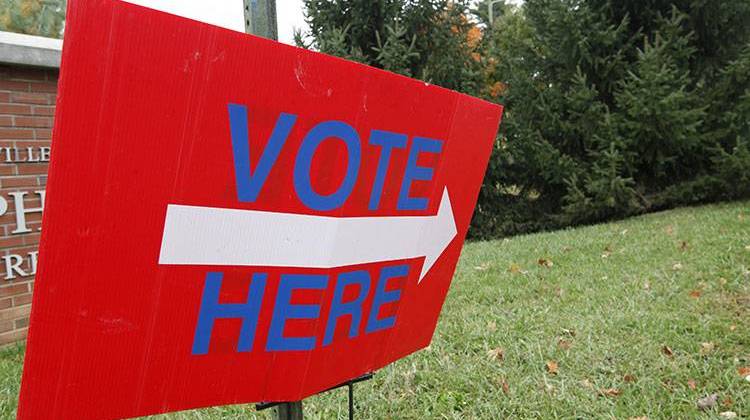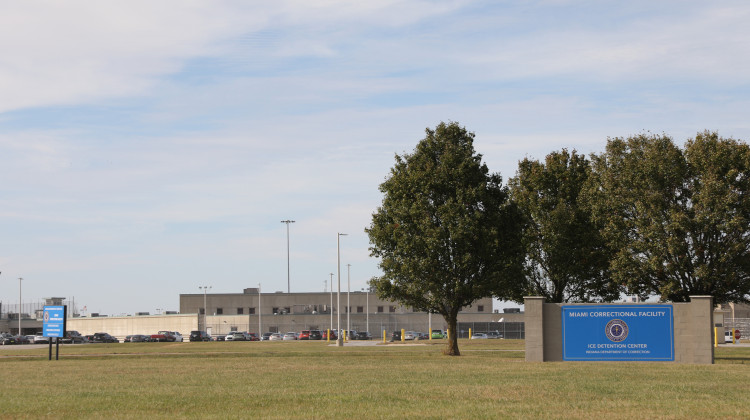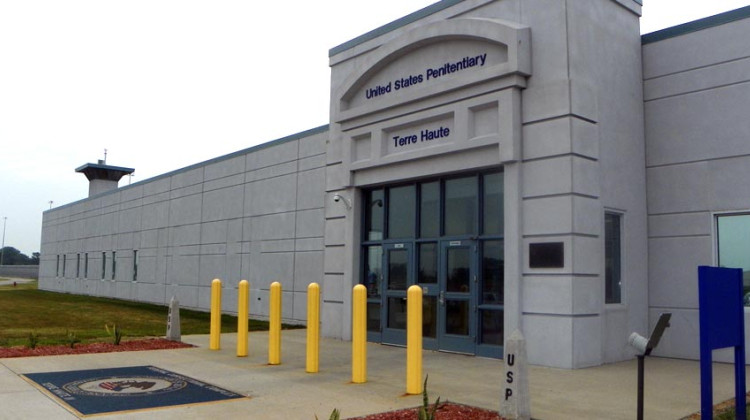A light turnout is likely today as voters go to the polls to choose Republican and Democratic nominees in county, legislative and congressional races.
The primary will be the first in a dozen years that the primary ticket won’t be led by a statewide office. There is no race for governor or U.S. Senate on the ballot this year and the candidates for other statewide offices – auditor and treasurer – will be chosen at party conventions.
But county races are on the ballot and so are all 100 seats in the Indiana House of Representative seats and half of the state’s 50 Senate seats. Republicans hold an overwhelming majority in both legislative chambers. So Indiana Democrats say they are focusing their energy on the 2014 general elections, while the GOP primaries will feature several hotly contested races.
The May 6 elections will feature only one House Democrat race, the fewest ever. House District 11 is currently held by Rep. Rick Niemeyer, R-Lowell. Lowell is retiring from the House to run for the Indiana Senate. The race for his seat will feature two-way primaries for both the Republicans and the Democrats.
Phillip Kuiper will face James Metro in the Democratic primary, while Michael Aylesworth and Michael Mears will compete for the Republican spot.
On the Republican side, Reps. Rebecca Kubacki, R-Syracuse, and Sen. John Waterman both face strong primary challenges. And a number of Central Indiana races appear to be kicking up interest as well.
Kubacki encountered public fallout in her conservative district after voting no on House Joint Resolution 3, which would have constitutionally defined marriage as the union between one man and woman.
Kubacki said she thought she was being challenged for not being conservative enough, both for her votes on HJR 3 as well as Common Core.
“I chose to defend the Constitution,” she said.
She describes herself as a conservative, fiscally responsible legislator who is “not afraid to make the tough decisions.”
“You have to be able to stand up and take some grief if you know what you’re doing is right for the state of Indiana,” Kubacki said.
She said her campaign is built on her community involvement and the fact that she wants her constituents to know that “the representative that is Indianapolis is the same representative in the district.”
Kubacki is being challenged by Curt Nisly, a small business owner who is running on a platform to “free people, limit government.”
Nisly said he is running for office because he is concerned about the future of our country. He said Indiana needs to be strong, and less government is the way to accomplish that.
Nisly said he was already planning to run before Kubacki voted no on HJR 3. He said her vote “didn’t make the decision for us, but it made it easy.”
He said he plans to focus on the country’s founding principles of life, liberty and property.
“I’m going to be the representative who listens to and respects the constituents,” he said.
Nisly recently encountered some public fallout after withdrawing from a planned debate against Kubacki last week.
Waterman – who just finished his 20th legislative session – is being challenged by Eric Bassler, a financial advisor who is a city councilman in Washington. Waterman has been accused of voting against “economic freedom” and Bassler has received an endorsement from the Indiana Chamber.
Meanwhile, a number of incumbent Republican legislators across Central Indiana have started running radio commercials as they fight to keep their mostly urban seats.
John Sittler is a reporter for TheStatehouseFile.com, a news website powered by Franklin College journalism students.
 DONATE
DONATE









 Support WFYI. We can't do it without you.
Support WFYI. We can't do it without you.